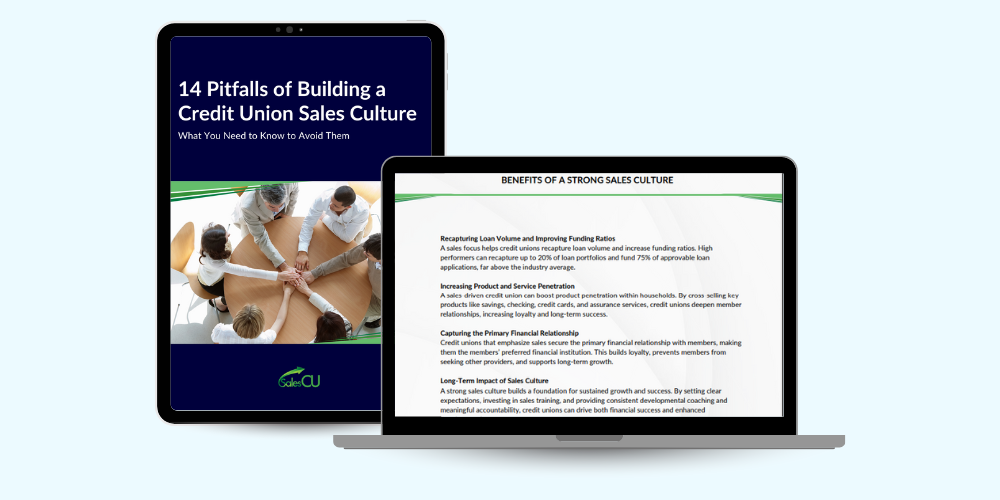I was talking with a friend the other day who is going through a very stressful time. Her company is in the middle of a merger–as so many companies in our industry are these days–and she’s in the process of interviewing to keep her own job. Yes, you read that correctly. It’s a job she’s held for several years, but she can’t be seen as “entitled” to keep it. With two kids and a mortgage, it’s not a stretch to say that having a solid job is critical. And not knowing her fate is taking a toll on her mental health.
I’ve spoken extensively about how empathy can make a difference in building deeper connections with our members and colleagues. Empathy is a powerful tool that can help us connect with others and recognize their experiences. However, empathy alone is not enough—especially when the stress of a situation is ongoing. Once you have empathized with someone, there are several important steps you can take to support them and make a positive impact in both the short term and the long term.
Empathize each time you connect: Let the person know that you recognize and accept their wide range of emotions, no matter how many times you’ve discussed the topic. Validating someone’s feelings can help them feel heard and supported, however unless you truly tune into the conversation, your empathy statements can sound rote and insincere. Stretch yourself and get creative with the emotions you’re sensing with the Feelings Wheel.
Offer help: Ask the person if there is anything you can do to help. Even if you can't solve their problems, just offering to be there for them can make a big difference. In the case of someone searching for a new position, offer to review their LinkedIn profile for them or to write a recommendation for their work. If someone is having family issues, offer to listen as often as they need to vent. Just being available can help.
Ask questions: If you're not sure how to help, ask the person what they need. Try to ask open-ended questions that encourage them to share their thoughts and feelings. Remember that asking questions is vastly different from offering advice. Rather than couching a question as a suggested solution by saying “Have you considered doing…?”, ask them what options they have thought through. And wait for them to ask you for advice or guidance before offering it.
Take action: Once you know what the person needs, take action to help them. This might mean offering practical support, such as reviewing their resume or practicing interview scenarios, or emotional support, such as listening and providing encouragement. Keep in mind that offering to help implies that you will actually provide that help!
Follow up: After you have offered your support, follow up with the person to see how they are doing. Let them know that you are there for them and that you haven’t forgotten what they have shared. If they aren’t forthcoming regarding when they’d like a follow up conversation, schedule a weekly reminder on your calendar to check in via text or email. Simply reaching out to let them know they’re still on your mind can provide a huge emotional boost.
Yes, empathy is an important first step, but it's what you do next that really makes a difference. By moving beyond validating their feelings, you can support others and create positive change. Now if you’ll excuse me, I have some great LinkedIn profiles to review. And if you’re hiring for remote positions, connect with me and I’ll share some amazing candidates with you!







